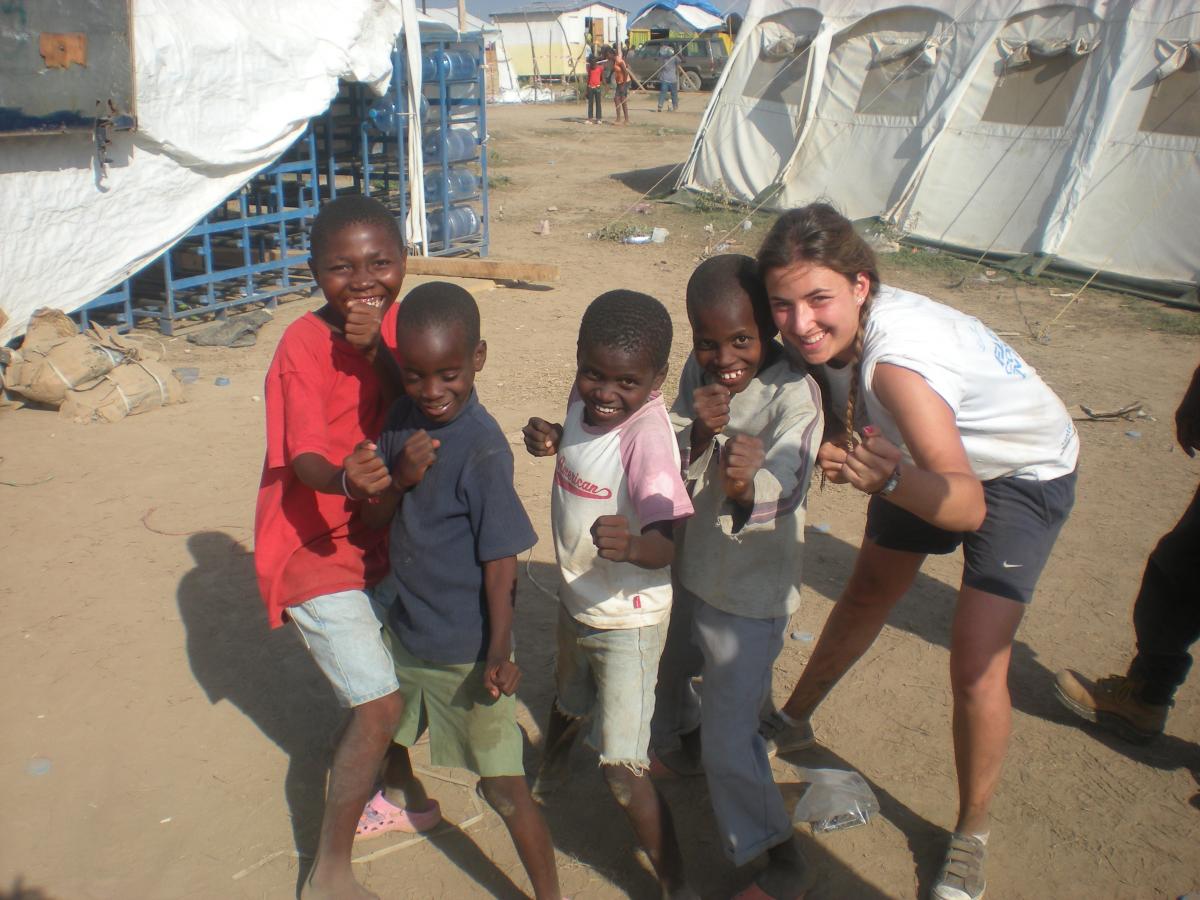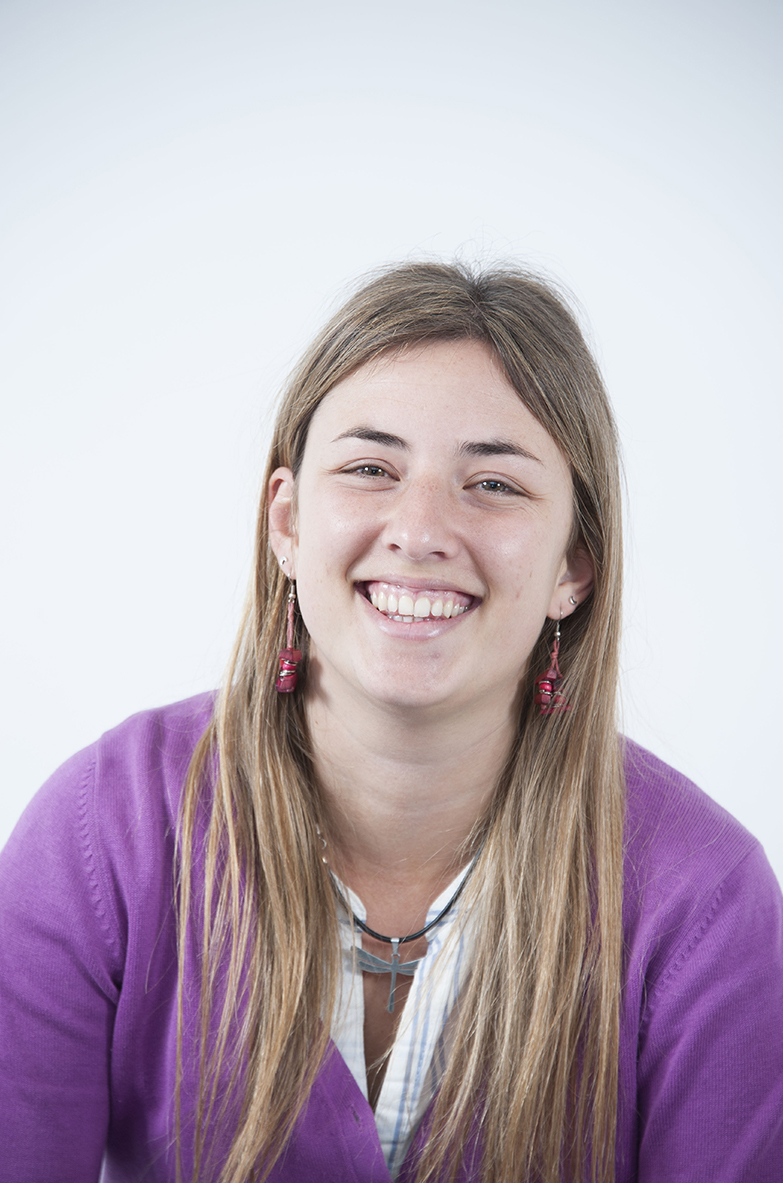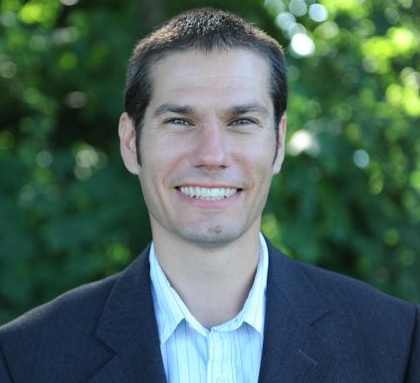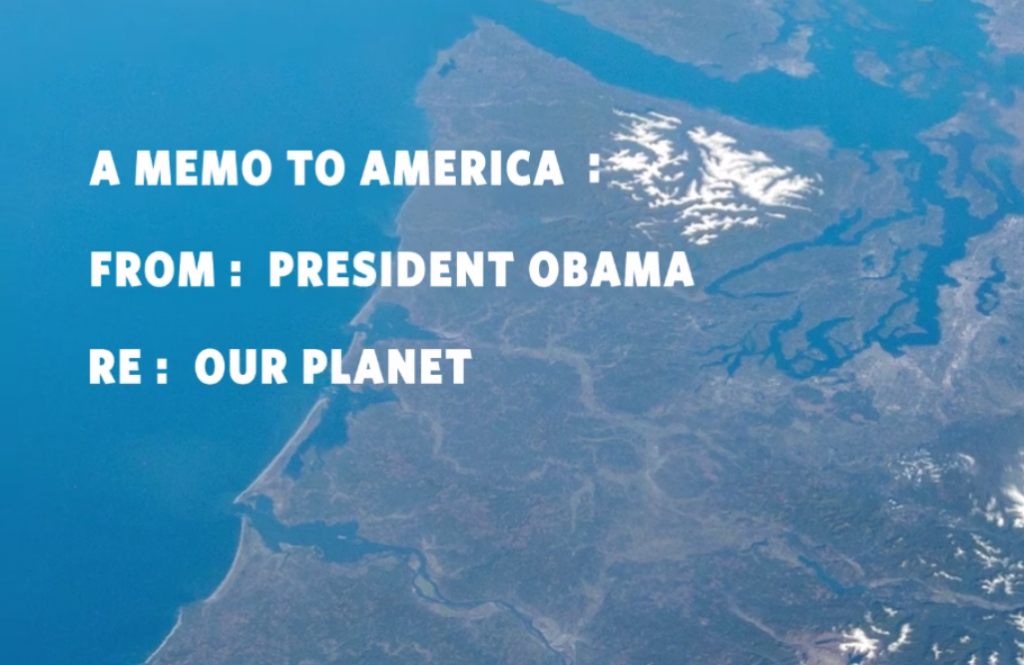by Florencia Bluthgen, Communications and Education Intern, Second Nature
(This post is part of a series by the Second Nature team about why we do what we do.)

When I was 19 years old, a friend of mine invited me to an activity of the nonprofit organization where she was volunteering: Un Techo para mi Pais (the Spanish for "A Roof For My Country"). We were going for a weekend to build transitional houses with families from low-income communities in Buenos Aires, Argentina. I had seen these types of communities before and had even participated in small volunteering activities in high school, but getting to know them personally and listening to their stories and dreams made something in my head click.
I kept volunteering in that organization and, in 2010, after the earthquake, I was offered the possibility to go help in Haiti. That experience marked a turning point in my life. Haiti was the poorest country in Latin America and the Caribbean even before the earthquake. One of the characteristics of the country is that, in order to pay its debts to other countries, Haiti deforested all the land, making it very vulnerable to any type of natural disaster. There is no humidity there. Crossing the frontier between Dominican Republic and Haiti is a very moving experience; for such a small island everything changes: the climate, the infrastructure, the people, the language, and the opportunities. When I went there, the poverty striked me. People had lost everything and they were living in tents on the ground. Yet, the highest classes had barely been affected. I knew I would never let myself ignore that reality.
Read more
 by Florencia Bluthgen, Communications and Education Intern, Second Nature
by Florencia Bluthgen, Communications and Education Intern, Second Nature by Steve Muzzy, Senior Manager, Membership Programs, Second Nature
by Steve Muzzy, Senior Manager, Membership Programs, Second Nature